Being a teen is exciting—but it also comes with major physical, emotional, and mental changes. Your body is growing fast, your brain is developing, and your energy needs are higher than ever. That’s why nutrition isn’t just about looking good—it’s about feeling great, focusing in school, and building lifelong healthy habits.
The good news? You don’t need a strict diet or expensive supplements. With these 15 progressive nutrition tips, you can start fast, stay consistent, and actually measure your progress—every single week.
Skip the sugary cereal. A high-protein breakfast (like eggs, Greek yogurt, or peanut butter on whole grain toast) helps stabilize blood sugar and keeps you full longer. This means fewer cravings and better focus in morning classes.
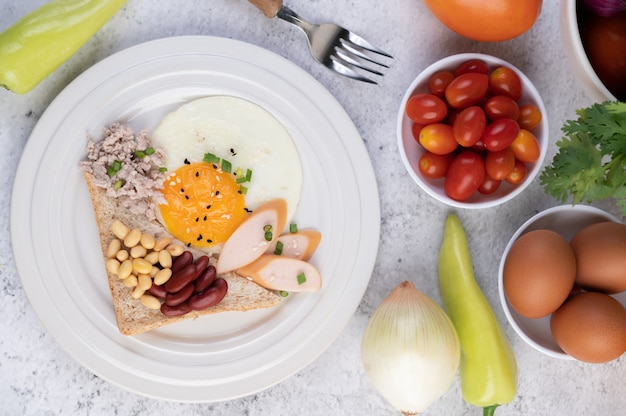
After 8+ hours of sleep, your body is dehydrated. Drink a glass of water as soon as you wake up. Add lemon for flavor and a boost of vitamin C. Aim for at least 6–8 glasses of water daily—more if you're active.
Different colored fruits and vegetables contain different nutrients. Red tomatoes have lycopene, orange carrots are rich in beta-carotene, and dark greens like spinach pack iron and folate. Try to include at least three colors in your meals every day.
Swap white bread, white rice, and sugary snacks for whole grains like brown rice, quinoa, oats, and whole wheat bread. They digest slowly, giving you steady energy and helping prevent energy crashes.
Instead of chips or candy, reach for nutrient-dense snacks like apple slices with almond butter, a handful of nuts, or yogurt with berries. These keep hunger at bay and support brain function.
Soda, energy drinks, and sweetened teas are loaded with empty calories. They spike your blood sugar and can lead to weight gain and acne. Stick to water, unsweetened tea, or sparkling water with a splash of fruit juice.
Skipping meals slows your metabolism and can lead to overeating later. Eat regular, balanced meals—even if you’re busy. Pack a lunch or keep healthy snacks on hand.
Check serving sizes, sugar content, and ingredient lists. The shorter the list and fewer added sugars, the better. Avoid products with high fructose corn syrup and long chemical names.
Put your phone down, chew slowly, and pay attention to your food. It takes about 20 minutes for your brain to register fullness. Mindful eating helps prevent overeating and improves digestion.
Your brain needs fat to function. Include sources like avocado, nuts, seeds, and olive oil. These support hormone balance, skin health, and mental clarity.
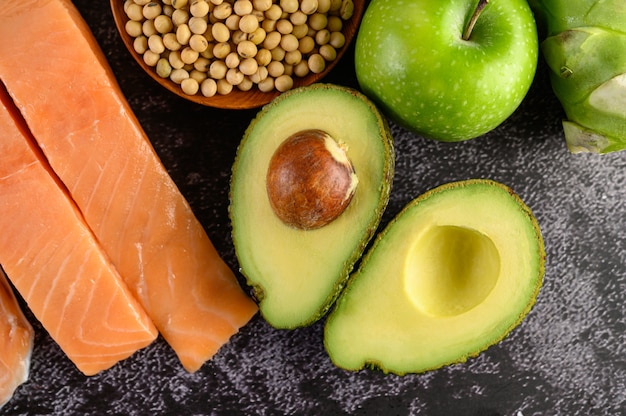
If you play sports or work out, eat more complex carbs (like sweet potatoes or oats) before and after exercise. On less active days, reduce carb portions slightly and focus on protein and veggies.
Use a simple journal or app to log what you eat for 7 days. You don’t need to do it forever—just long enough to spot patterns. Are you eating enough protein? Too much sugar? This helps you make informed changes.
Instead of vague goals like 'eat healthier,' aim for specific, measurable actions: 'Drink 6 glasses of water daily' or 'eat fruit with two meals each day.' Review your progress every Sunday night.
Learning to cook gives you control over ingredients and portions. Start simple—try scrambled eggs with veggies, a grain bowl, or a smoothie. Cooking can be fun and rewarding.
Progress isn’t just about weight. Did you have more energy? Better sleep? Clearer skin? Improved focus? These are real results. Write them down each week to stay motivated.
Good nutrition isn’t about perfection. It’s about making better choices, consistently. Start with 2–3 tips that feel doable, stick with them for a week, then add more. Over time, these habits will become second nature—and your body and mind will thank you.
Remember: Small steps lead to big changes. You’ve got this!

Health

Health

Health

Health
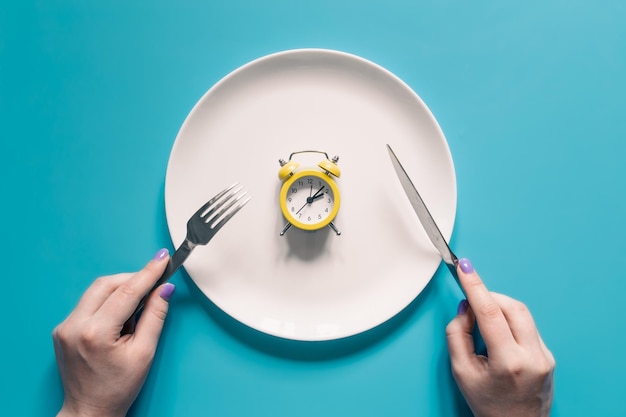
Wellness
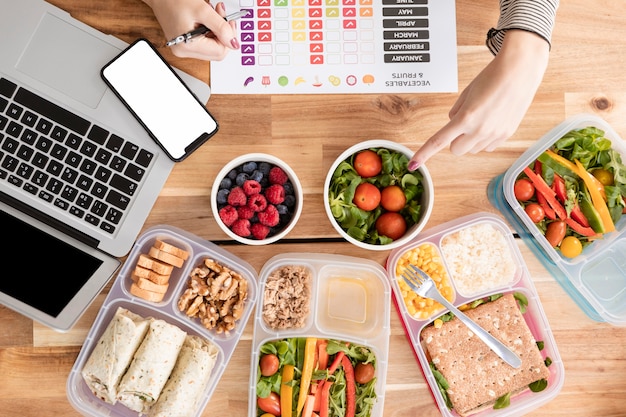
Wellness
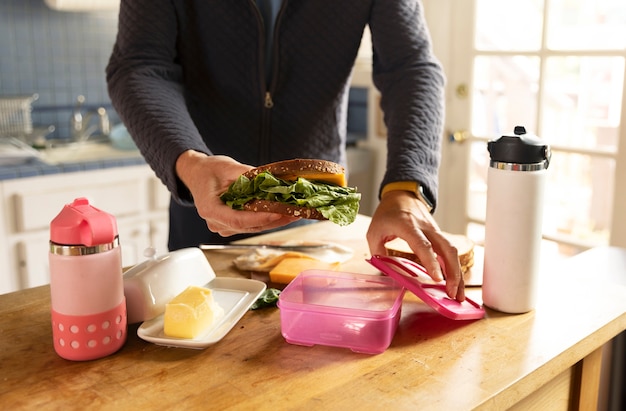
Wellness
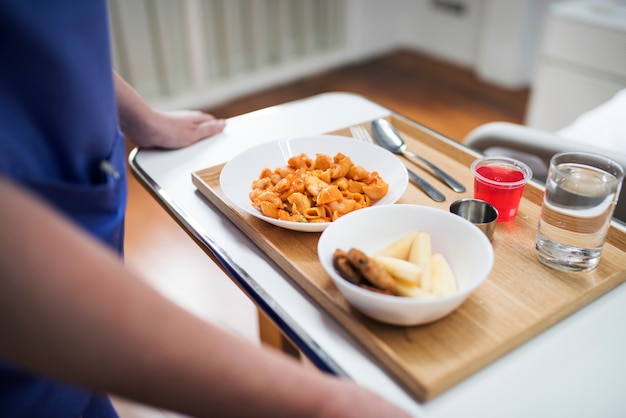
Health
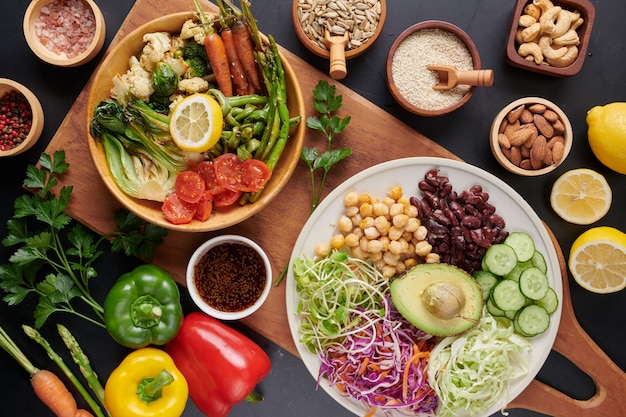
Health
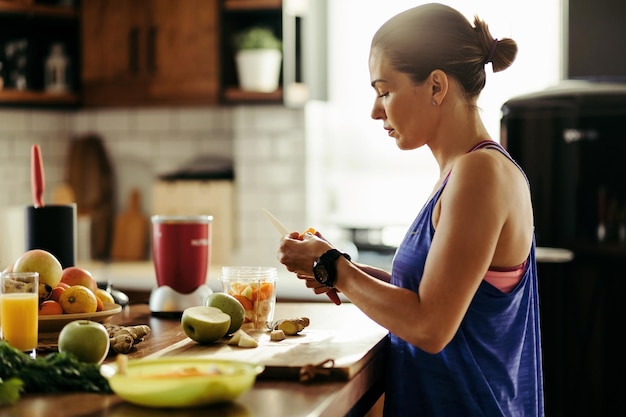
Wellness

Fitness

Wellness

Health

Fitness

Health

Health